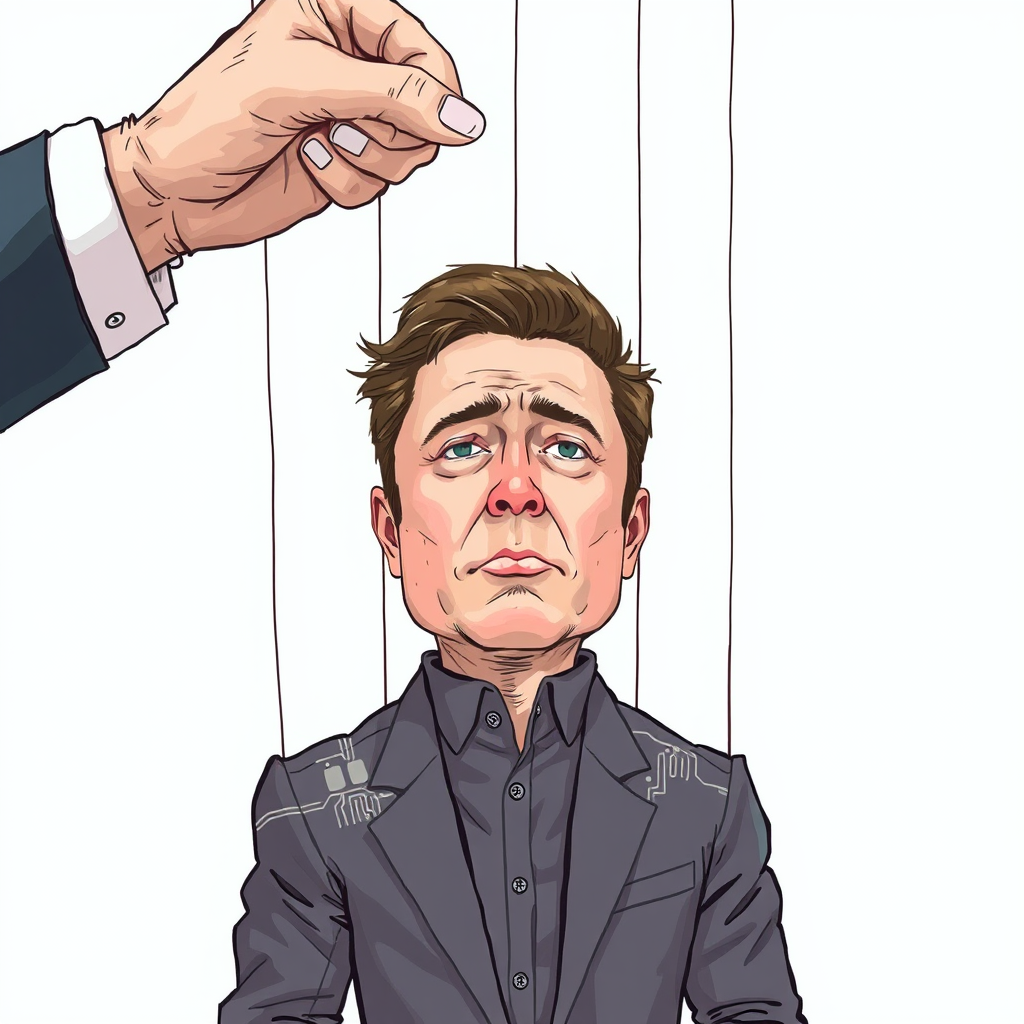Trump’s Threat to Elon Musk Sparks Panic

Donald Trump’s recent threat to jeopardize government subsidies and contracts for Elon Musk’s companies serves as a chilling illustration of a potential shift in the relationship between American business leaders and political power, according to a New York Times opinion piece by Michelle Goldberg. The dispute, sparked by Musk’s public criticism of Trump’s proposed legislation – labeling it a “wasteful abomination” – escalated quickly on Truth Social, with Trump suggesting billions could be saved by terminating federal support for Musk’s ventures. He notably questioned why President Biden hadn’t already taken such action.
Goldberg argues this exchange isn’t simply a personal squabble between two prominent figures, but a harbinger of a new, potentially authoritarian, American regime. She points out the irony that Musk’s success is built upon the “liberal democracy and…bureaucratic, technocratic structures” he now appears determined to dismantle. The incident highlights a dangerous gamble undertaken by numerous tech billionaires and business leaders who have aligned themselves with Trump, believing strongman politics would benefit their bottom lines.
The immediate financial consequences were stark: Tesla’s stock price plummeted during the dispute, wiping out approximately $150 billion in market value. This serves as a potent lesson, Goldberg contends, demonstrating the risks of prioritizing deregulation over loyalty. These billionaires, in seeking freedom from regulation, have inadvertently placed themselves in a position of subservience.
The core issue, as Goldberg frames it, is the erosion of the rule of law in favor of personal allegiance. While deregulation can offer opportunities for enrichment, those benefits are contingent upon maintaining the favor of a leader who is willing to wield the power of his office to punish dissent and reward loyalty. This incident underscores a troubling reality: in a system prioritizing fealty over legal principle, success becomes dependent not on innovation or market forces, but on staying in the good graces of those in power. The episode serves as a warning that the pursuit of unfettered capitalism, when coupled with political opportunism, can ultimately lead to a dangerous and precarious dependence on the whims of a single individual.